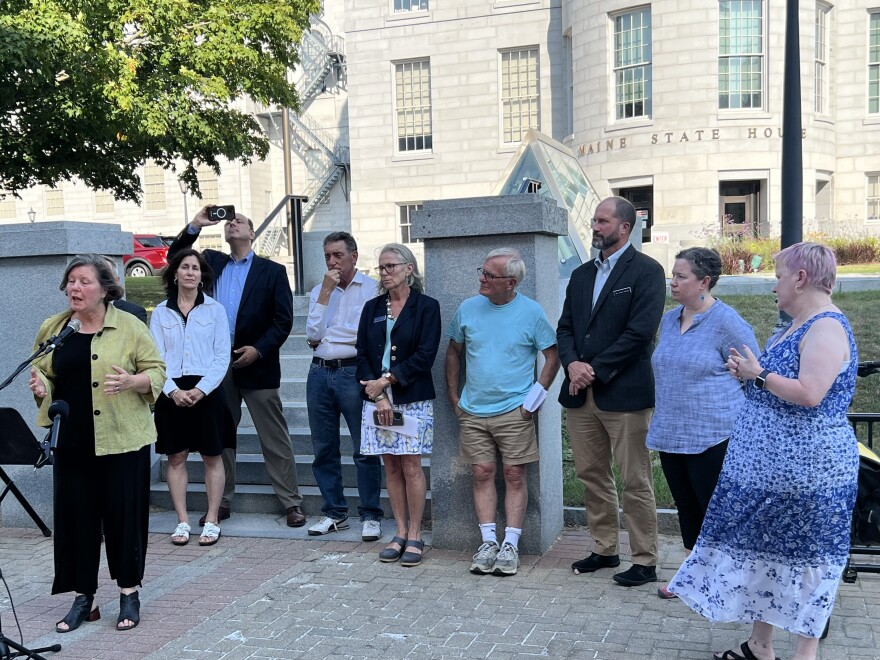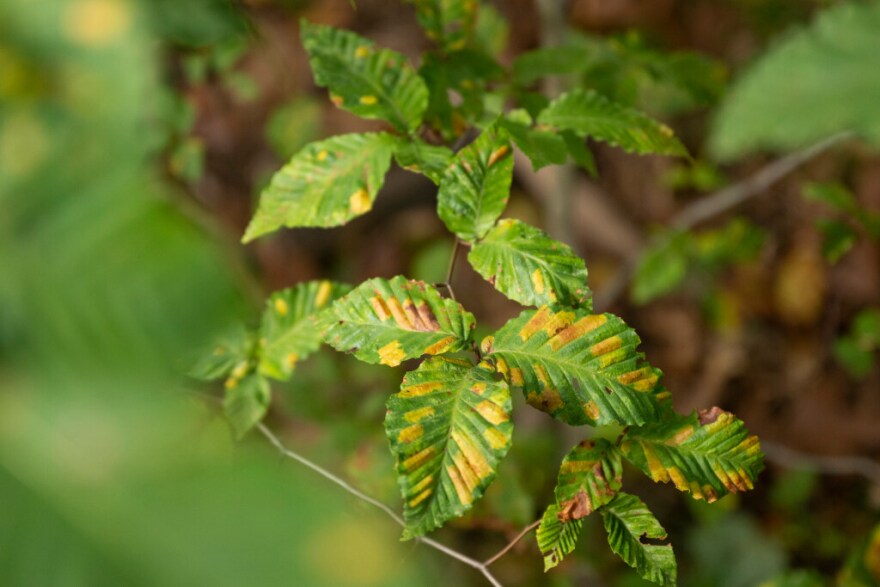Members of the Massachusetts legislature visited Maine on Tuesday to discuss potential regional cooperation on PFAS regulation and to hear about the state’s efforts to combat the “forever chemicals.”
Since the industrial chemicals started to appear in tests of public drinking water systems, wells, and farm fields around the state, Maine has enacted some of the strictest regulations on PFAS in the country. Massachusetts senators said Tuesday that they are looking to Maine for advice when developing their own restrictions on the use of human sludge, or “biosolids,” as fertilizer and phasing out PFAS in products, as concerns about contamination in the state mount.
Massachusetts state senator Jo Comerford, a Democrat representing the Worcester area, stated, “I’ve long understood Maine’s leadership nationally and internationally on the issue of banning PFAS, banning biosolids application… and supporting farmers.” However, I depart today with a fresh determination to stop the use of PFAS in Massachusetts. We have to take Maine’s lead.
Per- and polyfluoroalkyl substances, or PFAS for short, are a class of industrial compounds that have been extensively utilized in manufacturing and consumer goods for many years. However, the chemical characteristics that make PFAS so beneficial in items like firefighting foam, waterproof textiles, and nonstick cookware also make them difficult for the environment or human body to break down, which is why they are known as “forever chemicals.” Low birth weight, kidney illness, cancer, and other health problems have all been connected to certain PFAS kinds.
On Tuesday, over 20 Massachusetts lawmakers, legislative staff, and state agency employees traveled to Maine to speak with legislators and farmers impacted by the chemicals. The Maine Organic Farmers and Gardeners Association and Defend Our Health, two organizations that are actively interested in PFAS issues in Maine, also organized events and took part in conversations. After incredibly high amounts of PFAS were discovered in the farm’s soil, milk, and drinking water over ten years ago, the group visited Stoneridge Farm, a dairy farm in Arundel that contributed to bringing the matter to the attention of the Maine public.
Since then, Maine has established programs to help farmers whose property was poisoned by the state-licensed biosolids program and outlawed the land application of sludge, the main source of PFAS on some farms in the state. Additionally, Maine approved a first-in-nation law regulating PFAS in products and adopted stronger restrictions on the chemicals in drinking water, however some aspects of the law have not yet been implemented due to opposition from the business community.
Sen. Henry Ingwersen, D-Arundel, stated, “I’ve observed that Maine’s efforts to combat PFAS in recent years have been characterized by listening, cooperating, and acting decisively.” “We’re all in this together and it takes a lot of different interests and a lot of different people to make a positive difference in our state.”
The Trump administration has already hinted at the possibility of reversing more stringent drinking water regulations on specific PFAS kinds. Additionally, the administration has suggested cutting funding for federal drinking water programs and the Environmental Protection Agency.
The uncertainty at the federal level, according to tour participants on Tuesday, emphasizes the necessity for states to keep promoting and working together on the subject.
“I hope us coming to Maine is an indication that Massachusetts the lawmakers there and the (state) agency officials also want to join Maine, to lock arms with Maine and other New England states and then states around the country, to tackle this,” Comerford stated.
Rep. Lori Gramlich, a Democrat from Old Orchard Beach, Maine, stated, “We cannot predict what might be coming down the pike, as we have seen an administration in the last seven months that has been unpredictable on a good day.” However, we won’t hold out for the federal government. We’re going to keep going.”





